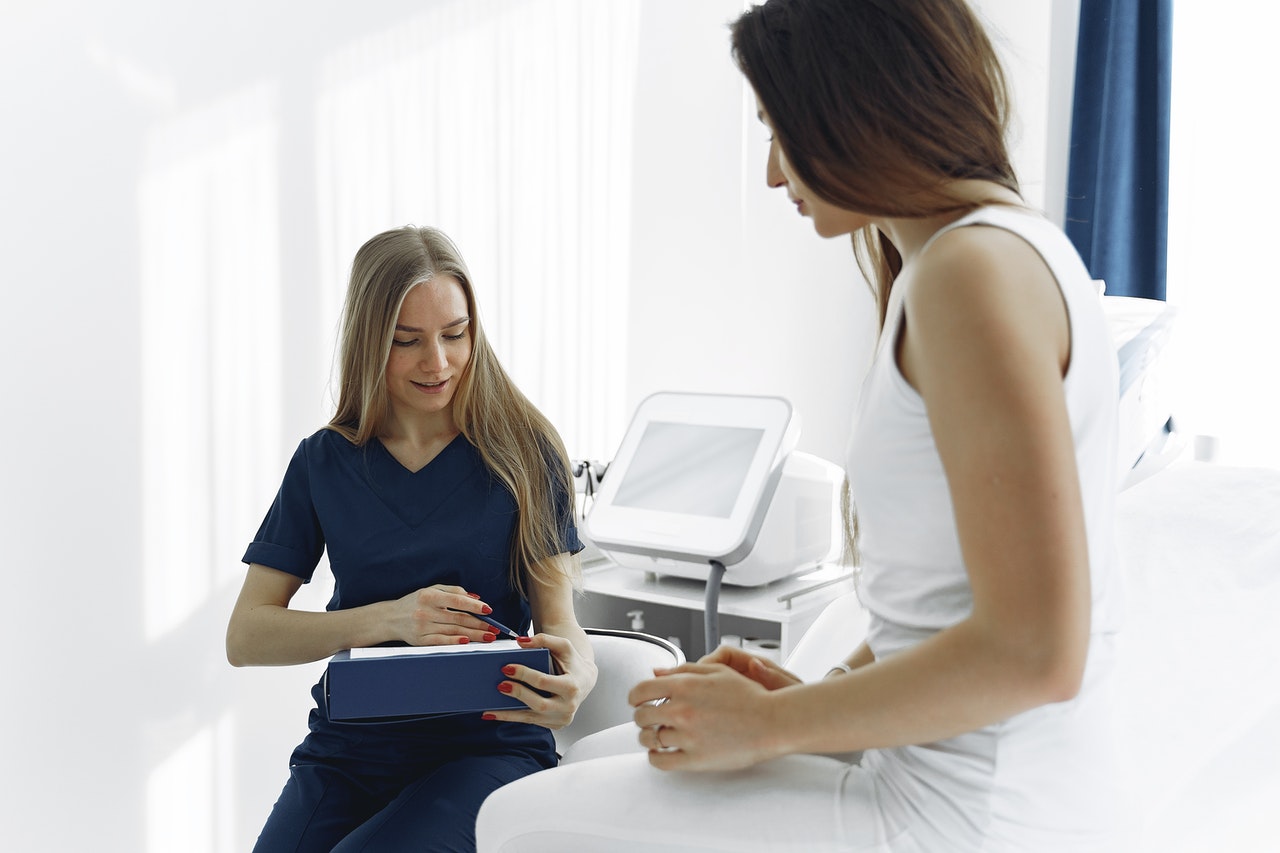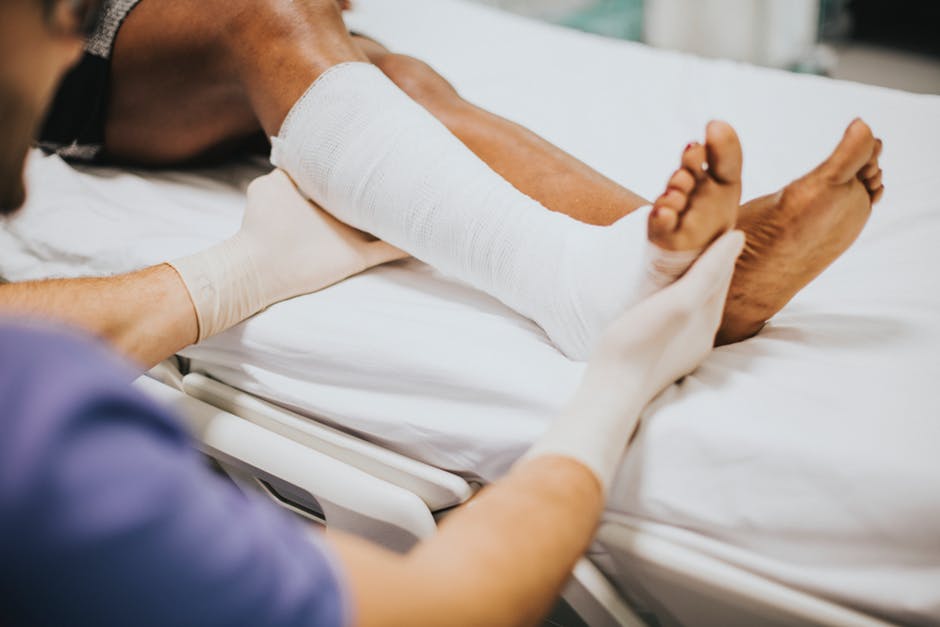 Coming of age can be a scary time, made even scarier by the need to start going to a Gynaecologist. No woman out there looks forward to having their bits inspected, the cold feel of the speculum, or trying to count ceiling tiles until it’s over. Unfortunately, it’s one of the most necessary things to do to take care of women’s health and to begin forming good habits for life. Generally, a woman will go every year to be checked, but the biggest question is when should you go for the first time?
Coming of age can be a scary time, made even scarier by the need to start going to a Gynaecologist. No woman out there looks forward to having their bits inspected, the cold feel of the speculum, or trying to count ceiling tiles until it’s over. Unfortunately, it’s one of the most necessary things to do to take care of women’s health and to begin forming good habits for life. Generally, a woman will go every year to be checked, but the biggest question is when should you go for the first time?
First Exam Timing
Most women will want to start going to the gynaecologist when they start menstruating both to make sure that everything is going well and to start familiarizing them with the process. Generally speaking this is not going to result in a pelvic exam or pap smear, but be a more general consultation to make sure everything is going as intended. For most young girls this will be between the ages of 13 and 15, although some girls start their periods earlier or later on in life.
Questions at these exams will generally include the last date of menstruation, information about the flow and pain, and questions about any possible issues between periods as well. This can be instrumental in catching conditions such as polycystic ovary syndrome or endometriosis early, allowing treatment without years of pain. These exams can also be a good time to learn more about different sanitary products and birth control methods, as well as learning about proper vaginal health and cleaning.
At this age children can choose whether to have their parent in the room with them or not. Generally parents who are asked to wait outside the room will be able to bring up any concerns that they have with the doctor before or after the exam and will be apprised of any changes to their child’s health that they need to know.
Beginning Pap Smears
Pap smears on the other hand will commence some time between the 18th and 21st birthday as this is when the risk of cervical cancer begins to increase. This can be pushed back to earlier years if a woman gives birth as the hormonal changes that come along with pregnancy can also trigger the onset of certain cancers.
Women who are sexually active when they are younger will also generally be asked to undergo a pelvic exam to ensure their safety. Several types of birth control require a pelvic exam before a script can be provided. It’s generally a good idea to be honest with the gynaecologist about your sexual activity to ensure they will be able to properly schedule exams.
Conclusion
It’s important to keep in regular contact with your gynaecologist and to keep them apprised of any changes in odor, sensation, sexual activity levels, pain, or any other difference you notice in your vaginal health. Call a gynecologist in Montreal to uncover any issue that might otherwise go untreated and result in serious health concerns. Exams should be undertaken each year, with extra exams if you believe you might have a sexually transmitted infection, yeast infection, or other issue that might indicate a change in your vaginal health.









